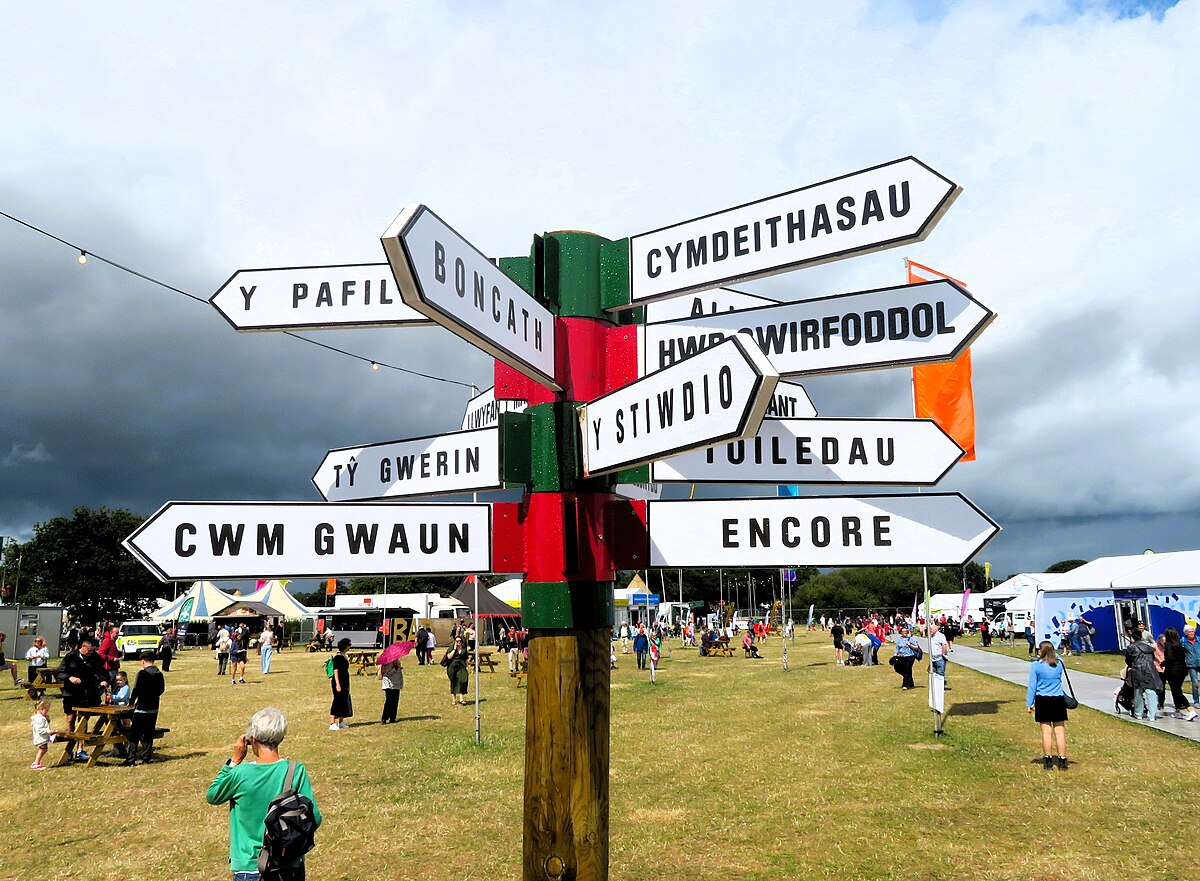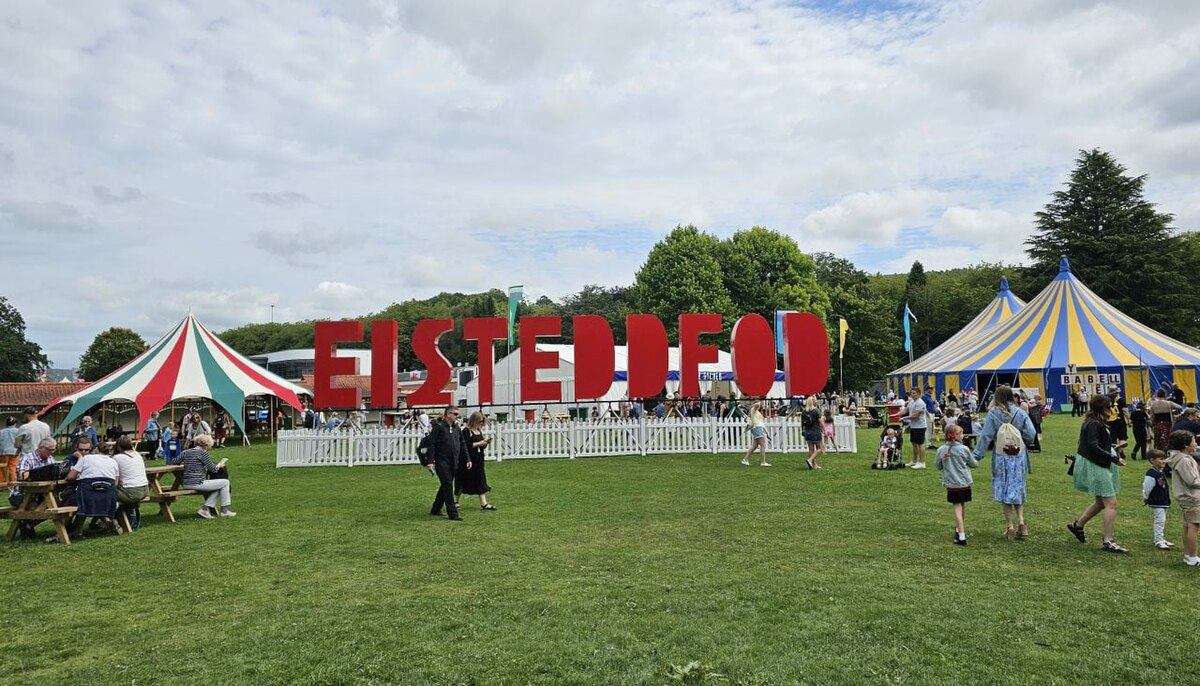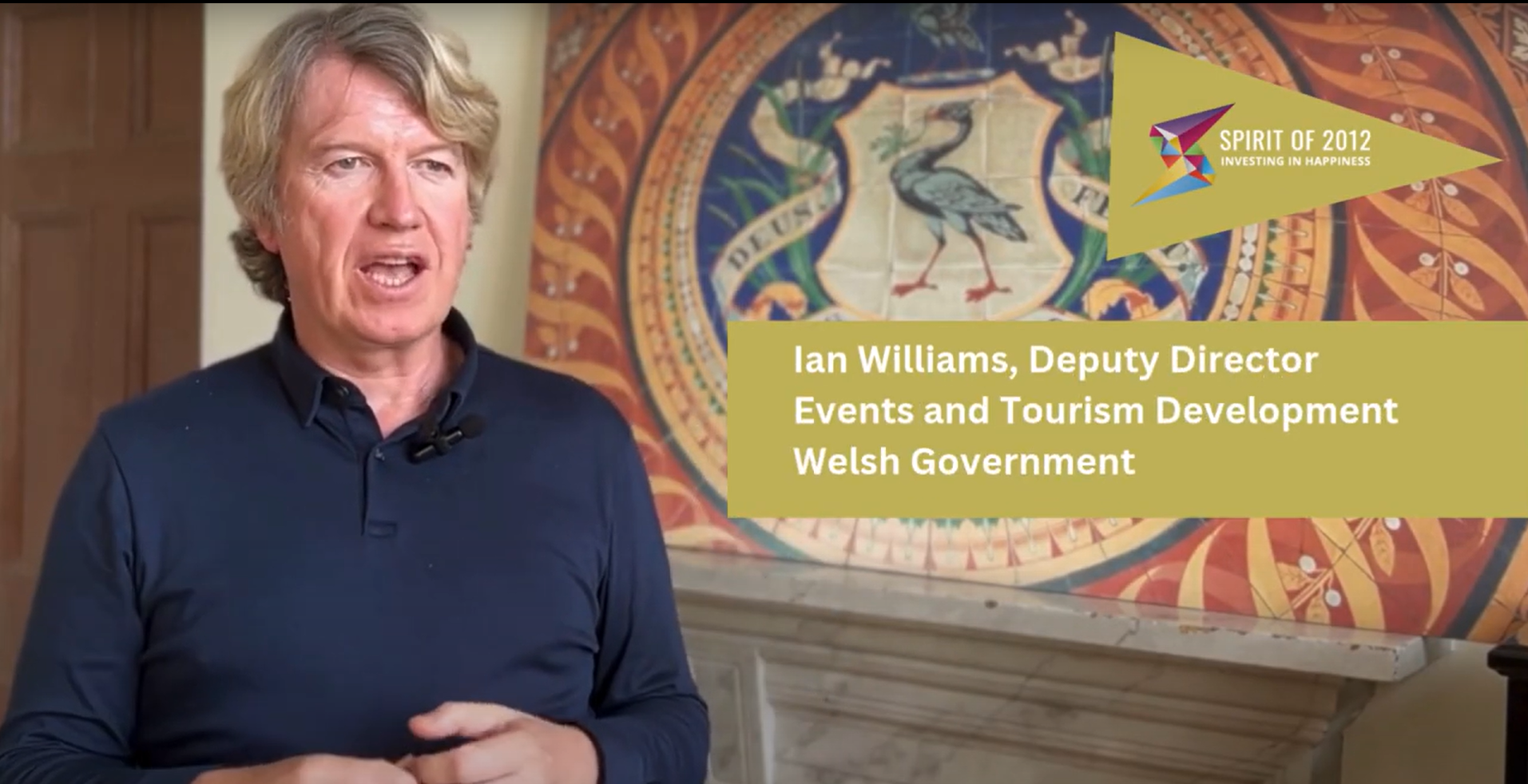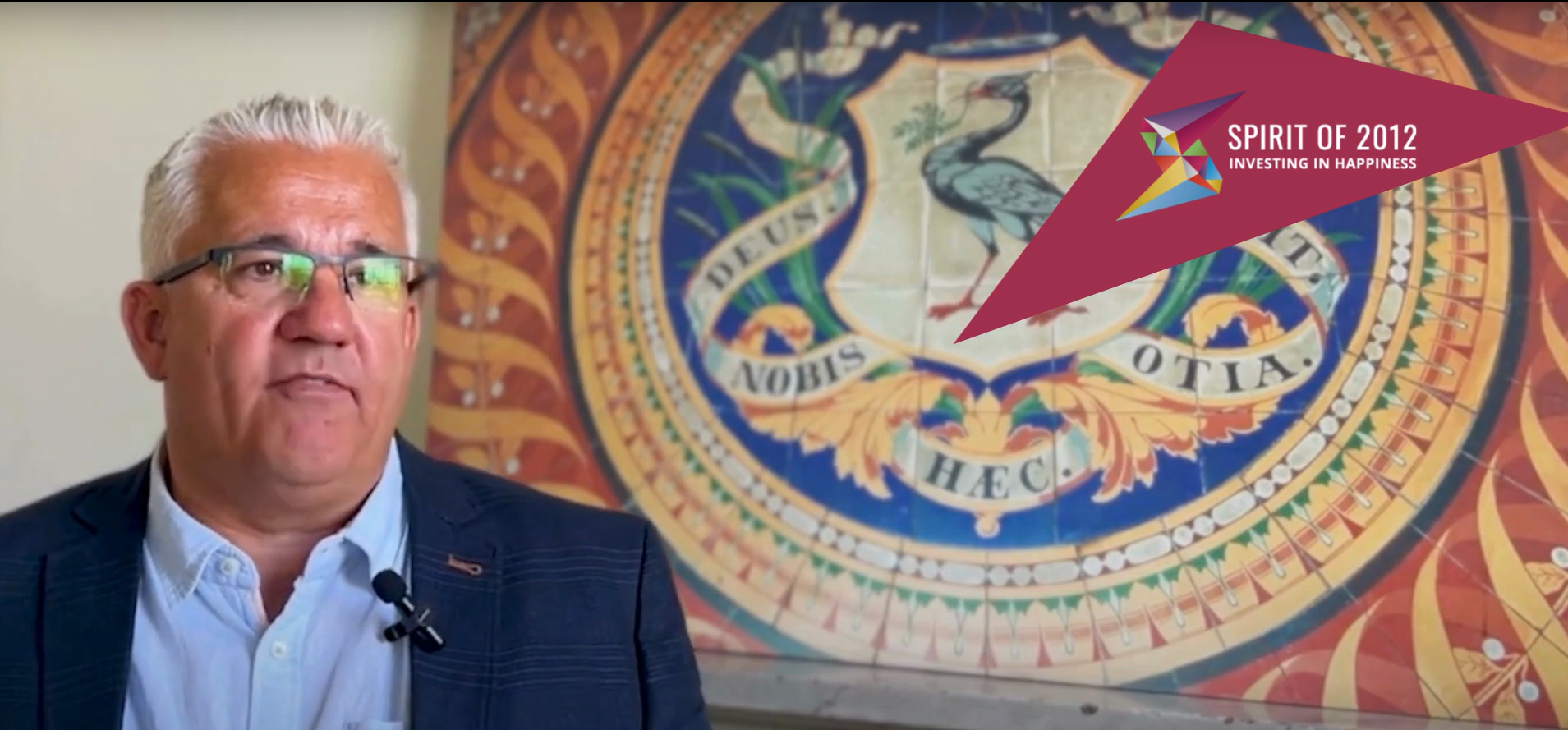In 2022, Event Wales launched its updated National Events Strategy, setting out the nation’s strategic priorities for events up to 2030.

Wales

With its long tradition of events, from cultural festivals like the Eisteddfod to modern sporting spectacles, Wales has earned a growing reputation as a dynamic events nation. Across the country, a diverse annual calendar of events includes music festivals, major rugby and football fixtures, cultural celebrations, and grassroots community festivals.
In recent years, Wales has hosted events with significant national impact such as the 2014 NATO Summit, the 2019 UEFA Champions League Final, the Defiantly Different Rugby Sevens Series, and the Tour de France Grand Départ in 2014. These sit alongside established staples like the National Eisteddfod, Urdd Eisteddfod, Pride Cymru, and regional festivals that animate the cultural life of Wales year-round.

In 2022, Event Wales launched its updated National Events Strategy, setting out the nation’s strategic priorities for events up to 2030. The strategy is housed within the Welsh Government, with operational delivery supported through arms’ length bodies like Visit Wales, Arts Council of Wales, and Sport Wales. Success relies on collaboration across the events ecosystem, including community groups, sporting bodies, cultural organisations, venues, local authorities, enterprise zones, and regulatory partners.
The strategy adopts a portfolio perspective, recognising that major festivals, sporting tournaments, cultural commemorations, community gatherings, and grassroots programming all contribute collectively to the planned outcomes of the strategy. It aligns closely with the Wales Tourism Strategy, the Economic Wales Strategy, and the Well-being of Future Generations Act, ensuring that events meaningfully support economic growth, cultural identity, social cohesion, sustainability, civic pride, and tourism.
Wales’s events are designed to be strategic, inclusive, and sustainable – capable of delivering vibrant short-term activity while nurturing long-term benefits across communities and enhancing the country’s global profile.
Ian WilliamsIt needs to be a strategy for all of Wales, not just Cardiff but for the whole of Wales. It needs to be aligned with the sector so that the practitioners of events, genuinely can feed into the events that we’re supporting. And finally, authentically Welsh.
Deputy Director, Events and Tourism Development, Welsh Government
CASE STUDY: 2024 National Eisteddfod of Wales – Pontypridd
The 2024 National Eisteddfod was a standout cultural success for Wales. Over its eight days (3–10 August), the festival drew 186,000 visitors to Pontypridd. The event showcased how Wales’ Event Strategy 2022–2030, with its emphasis on cultural distinctiveness and community engagement, translates into practice.
Over 13,500 free tickets were distributed to local families, ensuring the event was inclusive and accessible. More than 500 volunteers supported delivery, with many continuing their involvement in local community activities beyond the festival. Schools and youth groups were also engaged – young people not only attended but performed, co-created art, and learned about Welsh cultural traditions with the aim of increasing their sense of pride and belonging.
The event delivered on all four of the Welsh Government’s strategic pillars for events:
- Economic Impact: Driving footfall, tourism, and local spend.
- Cultural and Social Outcomes: Promoting the Welsh language, creativity, and participation across all ages.
- Place-Making: Reinforcing Pontypridd’s profile as a cultural hub and supporting local pride of place.
- International Reach: Showcasing Wales’ unique cultural heritage to global audiences through media and digital engagement.
The approach in Pontypridd – anchoring the event in local partnerships, offering meaningful opportunities for residents to take part, and ensuring long-term community benefits – shows how Wales has learned to integrate major events into its wider policy goals. It reflects a strategy where events are not standalone spectacles but deliberate interventions to drive social cohesion, pride of place, and lasting legacy.



